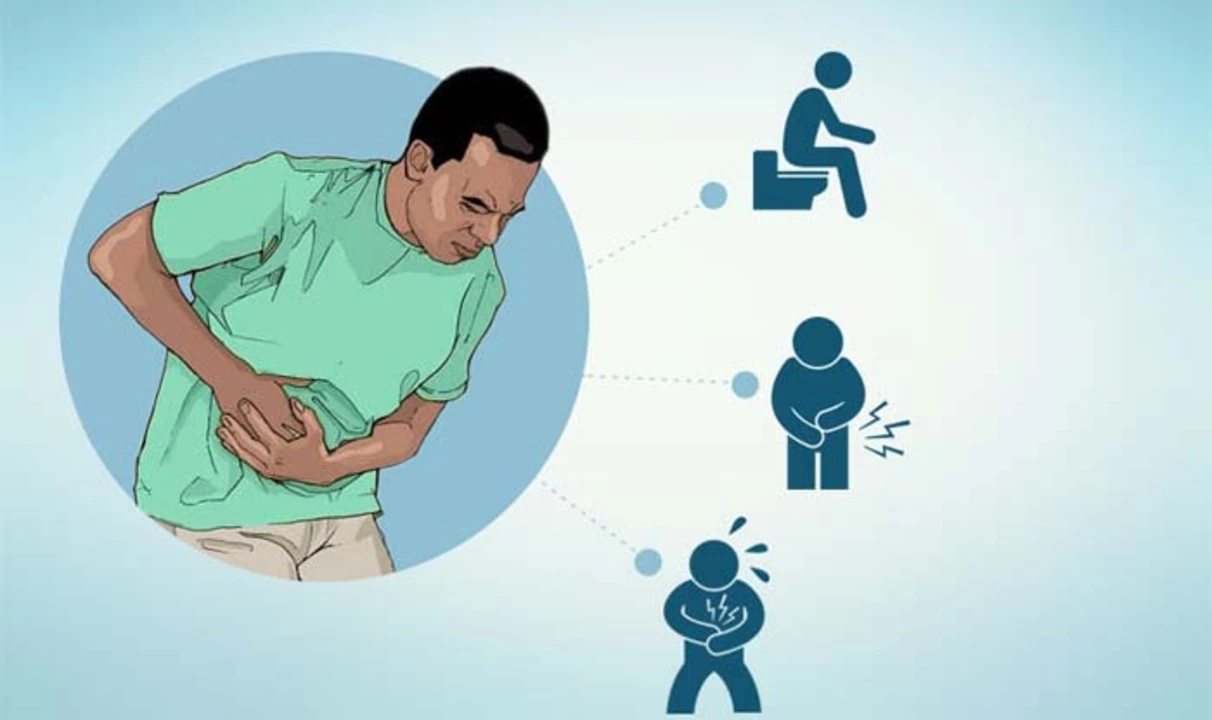Dangers: What You Need to Know About Drugs and Online Pharmacies
One wrong dose, a fake pill, or a hidden drug interaction can land you in the ER. This tag gathers straight-to-the-point articles about real risks—side effects, dangerous interactions, and pitfalls when buying meds online. You’ll find practical advice for heart patients, parents, people planning a family, and anyone shopping for cheaper prescriptions.
Medication risks you should watch
Drugs work, but they also carry risks that change with dose, health conditions, and age. For example, benzodiazepines like Ativan can affect people with arrhythmia or heart disease—dosing matters and so does monitoring. Accutane (isotretinoin) can cause severe birth defects, so pregnancy prevention is mandatory. Chemo drugs such as capecitabine may hurt fertility for both men and women; plan family timing with your oncologist.
Antibiotics like Duricef (cefadroxil) can cause allergic reactions or gut issues; stop and call your doctor if you get hives or severe diarrhea. Steroids such as prednisolone help inflammation but raise blood sugar, mood swings, and infection risk when used long term. Even commonly used meds for reflux, depression, or blood pressure can have side effects that add up or interact badly with other drugs.
Simple steps reduce harm: read the patient leaflet, keep a current medication list, tell every clinician about all prescription and over‑the‑counter drugs, and get routine checks (blood tests, EKGs) when advised.
Buying online: red flags and safer moves
Online pharmacies can save money, but some are dangerous. Watch for these red flags: they’ll sell prescription meds without asking for a prescription, they don’t list a licensed pharmacist or physical address, prices seem too good to be true, or the site lacks secure payment and clear contact info. Overseas sellers can send counterfeit pills or wrong dosages.
Protect yourself: only use pharmacies licensed in your country, ask for a pharmacist’s contact, and keep records of orders and lot numbers. If a site pressures you to skip a doctor or offers a mystery drug, close the tab. Use telemedicine services or reputable comparison tools to find legitimate savings without cutting corners. Read independent reviews and cross-check with several sources before you buy.
If you notice unexpected side effects or suspect a fake product, stop taking the medicine and contact your doctor right away. Report problems to your local health authority so others don’t get hurt.
Want targeted help? Check articles on this tag for safe buying tips, heart‑safe dosing guides, fertility warnings, and pharmacy reviews. If something feels off, talk to a pharmacist or clinician—don’t guess.

